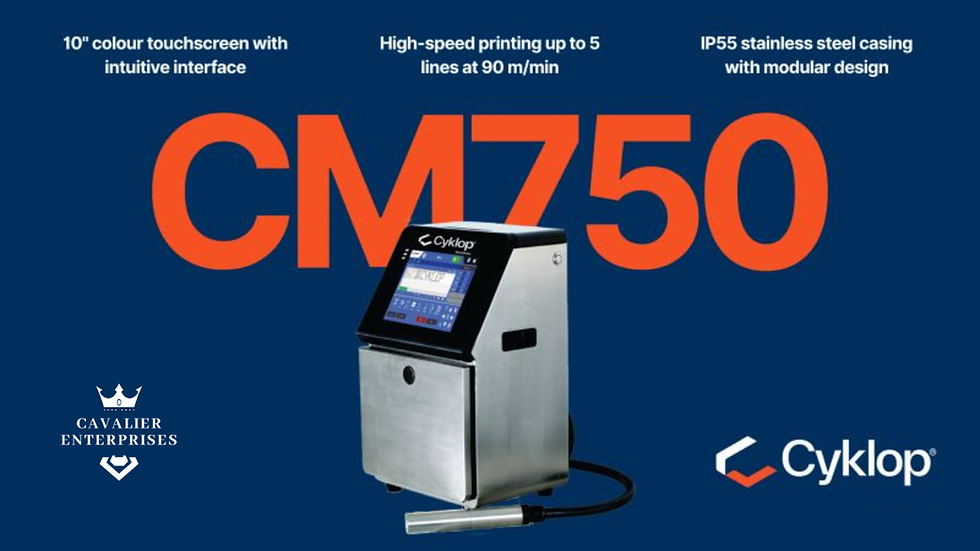Resin Ribbon
- Vaibhav Rane

- Aug 5, 2020
- 2 min read
Updated: Aug 20, 2024
Resin Ribbons contain the highest percentage of resin materials. Most Resin ribbons are made up of two are more layers. Printing with resin ribbons is done at high energy levels or heat settings as resins have a high melting point. Low print speeds can be achieved due to the high energy levels required for printing. But the resultant printing images bear a very high resistance to chemicals, heat, abrasion resistance and other environmental conditions. Resin Ribbons are best suited for use with textile apparel or garment labels like (taffeta / satin), high gloss coated materials like polyesters, polyolefins, destructible vinyl, warranty void labels, labels which are to be exposed to harsh environments like chemical drum labels, medical and pharmaceutical labeling, as well as industrial and automotive applications. Resin ribbons are the most expensive of thermal transfer ribbons.

Resin ribbons are essential components in a wide range of industrial applications due to their exceptional durability and versatility. These ribbons are specifically designed to withstand harsh environmental conditions, making them ideal for use in demanding industrial settings where resistance to abrasion, chemicals, and extreme temperatures is crucial.
One of the key applications of resin ribbons is in barcode printing. The high-quality printing capabilities of resin ribbons ensure that barcodes are clear, crisp, and long-lasting, making them essential for inventory management, logistics, and product tracking in industrial environments. Additionally, the superior resistance of resin ribbons to smudging and fading ensures that barcodes remain legible even in challenging conditions.
Moreover, resin ribbons find extensive use in the manufacturing sector for labeling and product identification. Whether it is marking components, labeling finished products, or tracking work-in-progress items, resin ribbons provide durable and reliable printing solutions that meet the stringent requirements of industrial operations. Their ability to adhere to a variety of surfaces, including plastics, metals, and synthetic materials, further enhances their utility in industrial settings.
Furthermore, resin ribbons are employed in the production of durable labels and tags for asset management, equipment maintenance, and safety compliance in industrial facilities. The longevity and resilience of these ribbons ensure that critical information remains intact and legible over an extended period, contributing to efficient operations and regulatory compliance.







Comments